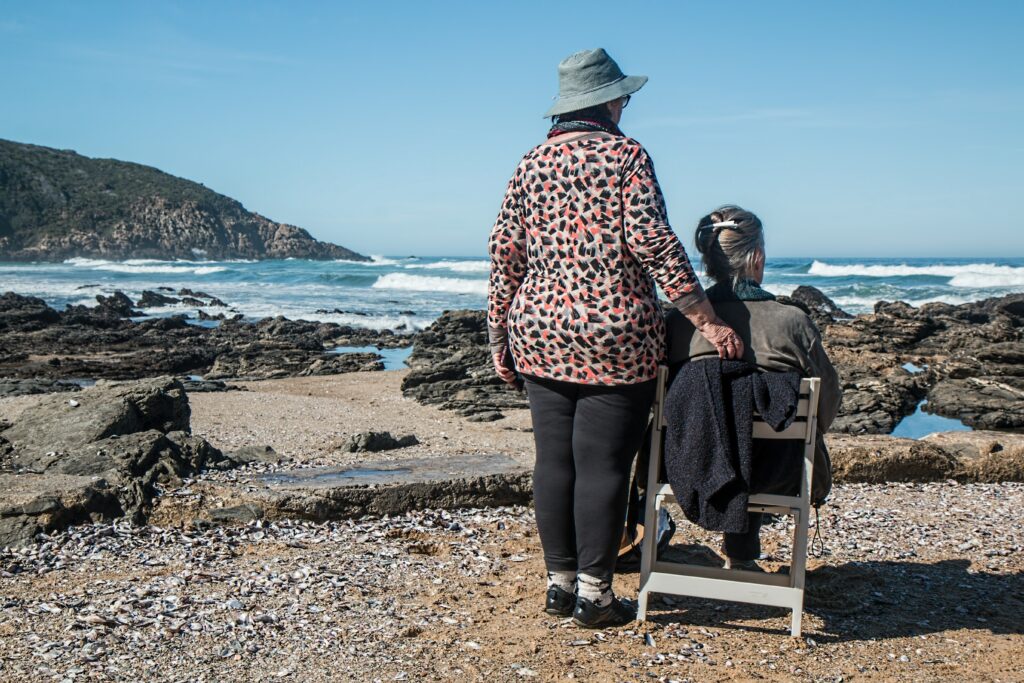Guardianships are drastic and very invasive. They strip individuals of their legal autonomy and establish the guardian as the sole decision maker. To become a guardian requires strong evidence of legal incapacity, and approval by a judge, explains an article titled “Guardianships Should Be a Last Resort–Consider These Less Draconian Options First” from Kiplinger. They should not be undertaken unless there is a serious need to do so. Once they’re in place, guardianships are difficult to undo. There are alternatives to guardianship.
If an elderly person with dementia failed to make provisions durable powers of attorney for health care and for financial matters before becoming ill, a guardianship may be the only ways to protect the person and their estate. There are also instances where an aging parent is unable to care for themselves properly but refuses any help from family members.
Another scenario is an aging grandparent who plans to leave funds for minor beneficiaries. Their parents will need to seek guardianships, so they can manage the money until their children reach the age of majority.
Laws vary from state to state, so if you might need to address this situation, you’ll need to speak with an estate planning attorney in the elderly parent or family member’s state of residence. For the most part, each state requires less restrictive alternatives to be attempted before guardianship proceedings are begun.
Alternatives to guardianship include limited guardianship, focused on specific aspect of the person’s life. This can be established to manage the person’s finances only, or to manage only their medical and health care decisions. Limited guardianships need to be approved by a court and require evidence of incapacity.
Powers of attorney can be established for medical or financial decisions. This is far less burdensome to achieve and equally less restrictive. A Healthcare Power of Attorney will allow a family member to be involved with medical care, while the Durable General Power of Attorney is used to manage a person’s personal financial affairs.
Some families take the step of making a family member a joint owner on a bank, home, or an investment account. This sounds like a neat and simple solution, but assets are vulnerable if the family member has any creditor issues or risk exposure. A joint owner also doesn’t have the same fiduciary responsibility as a POA.
An assisted decision-making agreement creates a surrogate decision-maker who can see the incapacitated person’s financial transactions. The bank is notified of the arrangement and alerts the surrogate when it sees a potentially suspicious or unusual transaction. This doesn’t completely replace the primary account holder’s authority. However, it does create a limited means of preventing exploitation or fraud. The bank is put on notice and required to alert a second person before completing potentially fraudulent transactions.
Trusts can also be used to protect an incapacitated person. They can be used to manage assets, with a contingent trustee. For an elderly person, a co-trustee can step in if the grantor loses the capacity to make good decisions.
Planning in advance is the best solution for incapacity. Guardianship is a very significant step, so consider the alternatives first. Talk with an experienced estate planning attorney to protect loved ones from having to take draconian actions to protect your best interests. If you would like to read more about guardianships, please visit our previous posts.
Reference: Kiplinger (July 7, 2022) “Guardianships Should Be a Last Resort–Consider These Less Draconian Options First”
Photo by Pixabay







